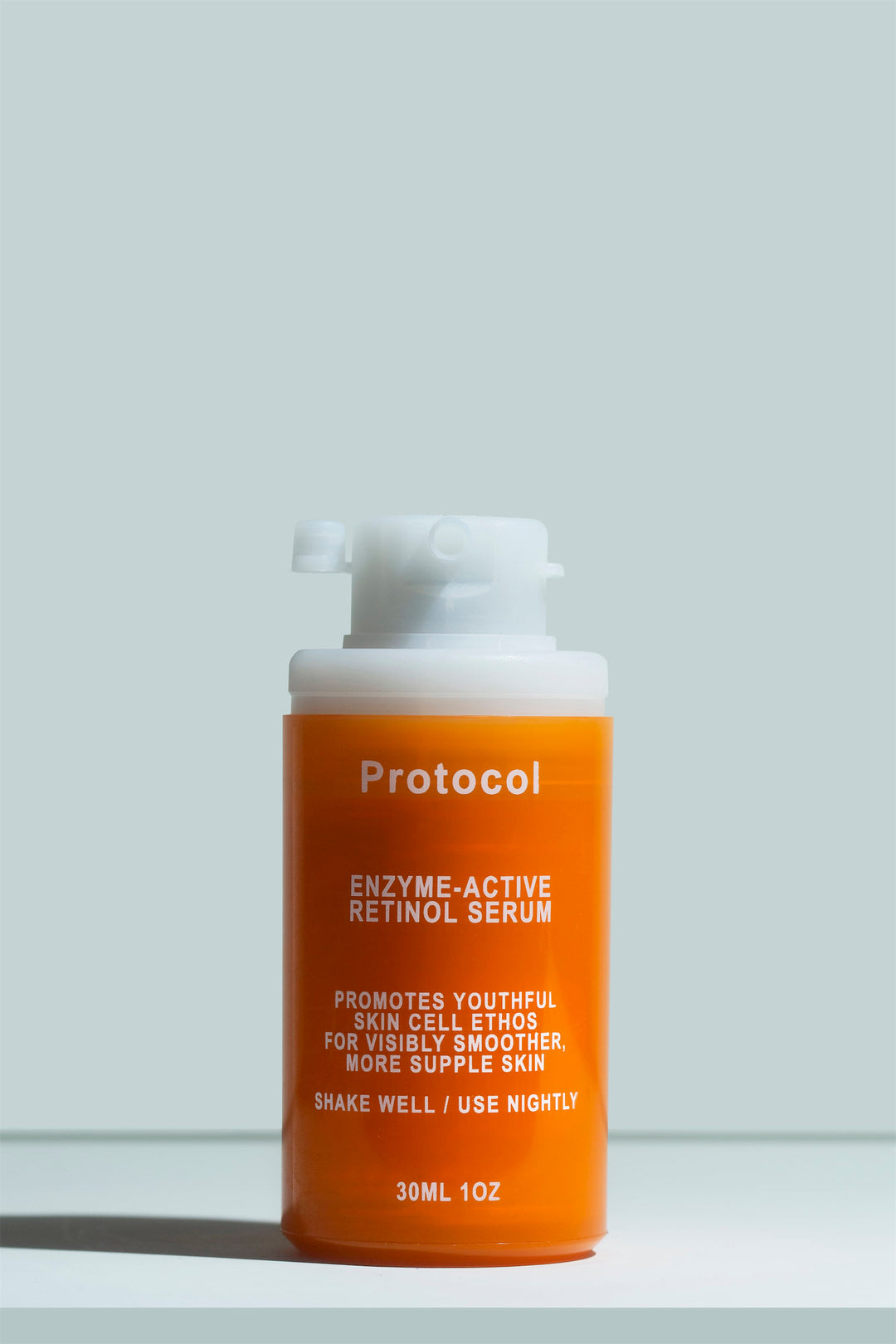Dry Winter Skin Care Tips


For those of us in the Northern Hemisphere, winter is just around the corner. We’re looking forward to celebrating the holidays, but our skin isn’t as excited.
As the temperatures drop, so does the level of moisture in the air. Dry air sucks up moisture from wherever it can, leading to dehydrated, easily irritated skin.
That can be made worse as we move from the arid outdoors to even dryer heated homes, while winter winds can actively chafe the skin. It’s no fun!
Of course, this also depends on where you’re located. Winter weather is much harsher in Michigan or North Dakota compared to sunny California or rainy London.
That’s why there isn't a one-size-fits-all guide to winter skincare. Instead, today we’re sharing some quick pointers to keep your skin glowing during the cold season, taking into account that your skin type and where you live make a difference.
Winter skin problems to watch for
Are you suffering from dry winter skin? Be on the lookout for the following skin troubles:
- Skin feeling tight, dry, and inflexible
- Dry spots or rough, flaky patches
- Redness and irritation
Consider your climate
Someone in London won’t have the same concerns as someone in Miami. Before we dive into ALL of our winter skincare tips, here are some notes on how your location may impact your skin.
Dry, harsh winters
The colder the winter, the lower the humidity tends to be, so you're getting a hit from all angles! On the one hand, the outdoor air and wind are brutal, while indoors, cranking up the heat is also contributing to immense skin dryness. Flakes galore!
You’ll want to amp up your moisturizing efforts, including applying cream throughout the day to protect your skin barrier. A humidifier will also come in handy, helping to keep your time at home a little kinder to your skin.
Consider following as many of the tips we outline throughout the article, and your skin will thank you!
Wet winters
The constant change from outdoor moisture to dry, indoor heat can be challenging for the skin - especially if you have a gorgeous fireplace that adds ambiance but also, unfortunately, dryness. Your skin might not be in as dire a condition as those in dry climates, but you may still want to switch to more gentle cleansers while increasing your moisturizing efforts.
Moderate winters
Those who live in places where winter is moderate are pretty lucky. You may not get to enjoy ice skating or skiing like your neighbors to the north, but you also don’t need to worry about radically changing your skincare routine.
Switching from a lighter moisturizer to more of a luxurious cream may be enough. If it's mild enough, try to go without turning on your heater to save both your skin and the electric bill.
Listen to your skin
Generally speaking, paying attention to the shifts in our skin as the cold season approaches is key. The more you know about how your skin reacts to weather changes, the better you’ll be able to adjust your skincare routine.
Throughout this article, we offer a bunch of tips, but we know they won’t all apply to everyone. If you don’t usually experience dry winter skin, maybe you don’t have to change your routine at all!
Get a humidifier
A humidifier is a game changer. It infuses the air with water droplets, which helps the skin significantly by preventing transepidermal water loss. Plus, maintaining some humidity in your house also prevents illness, improves your breathing, and even keeps your houseplants happy. This tip applies especially if your winters are very dry or if you heat your home artificially.
Amp up the occlusion
Occlusives are amongst our favorite moisturizer ingredients. They include shea butter, petrolatum, waxes, and certain silicones and fatty acids.
These ingredients blanket the skin with a layer that traps moisture inside, while also helping to keep foreign substances from getting into the skin. In the winter, a lot of occlusives also act as skin protectants and may prevent chafing from harsh, cold wind or repeated nose blowing.
We’ve actually got a trick for supercharging the skin with moisture when it’s especially dehydrated. First, we take a lukewarm shower to really saturate our skin with water. Then, after the shower, we apply an occlusive-rich cream to seal that moisture in before it has a chance to evaporate and leave the skin even drier than it was before. If winter takes a severe toll on your skin, making this a daily or near-daily habit is a must.
Opt for warm showers (not hot)
Long-term immersion in water (without the use of an occlusive) increases transepidermal water loss. This is almost doubly true for hot water, which is significantly dehydrating to the skin. So one great way to keep the skin all over your body a little more resilient in winter is to keep the temperature of your shower lukewarm rather than hot, even if you plan to moisturize well afterward.
Use gentle cleansers (and not just for the face)
When cleansing our skin, we think we’re doing something good but this is actually one of the most damaging skincare steps. During winter, it’s extra important to mitigate the damage cleansers can do by choosing very gentle, hydrating formulas.
This applies to both your face and your body wash. Cream and milk cleansers are great, but make sure they’re not soap-based. You want formulas with a low pH. If you wear makeup, oil and balm cleansers are a dream in the wintertime.
Keep wearing SPF
Just because the sun isn’t hot doesn’t mean there’s no radiation. It’s entirely possible to accumulate UVA and UVB damage even in winter.
UVA, in particular, is sinister. It doesn’t cause sunburn in the short term, but cumulative exposure can lead to photodamage and skin cancer. So unless you don’t see sunlight at all in winter (looking at you, Brits and Canadians!), you should still use sunscreen.
This is the perfect season to switch to a creamy, emollient sunscreen that’ll also provide you with some occlusive protection.
Might be a good time for actives (or maybe not)
When it comes to using actives in winter, there are two very logical directions you can take. For some, it might be the perfect time to introduce new, active ingredients, while for others it might be the time to take a break.
A lot of actives can make the skin a little more sensitive to the sun, especially at the beginning. Some, like AHA and benzoyl peroxide, are especially photosensitizing.
Most of us spend a lot less time outdoors in winter, so it can be a great time to introduce a new active ingredient into your skincare routine without worrying about sun exposure. An exfoliant like our Alpha Hydroxy Acid Cleanser could certainly help with flakiness, while retinol is a classic for anti-aging and texture improvement. This route makes the most sense if you live somewhere with very hot, sunny summers and more moderate winters.
On the other hand, if your skin gets sensitized during winter, it’s better to avoid actives and to just focus on moisturizing your skin and helping it heal. This is why the mantra “listen to your skin” is so important.
Winter is coming (cue the Game of Thrones theme)
Game of Thrones might be long over, but winter is coming and we don’t want you to look like a white walker. If you’re a denizen of Winterfell, your winter skincare routine might need a total overhaul but if you live in sunny Dorne a few small changes will suffice. Either way, it’s good to be ready.





